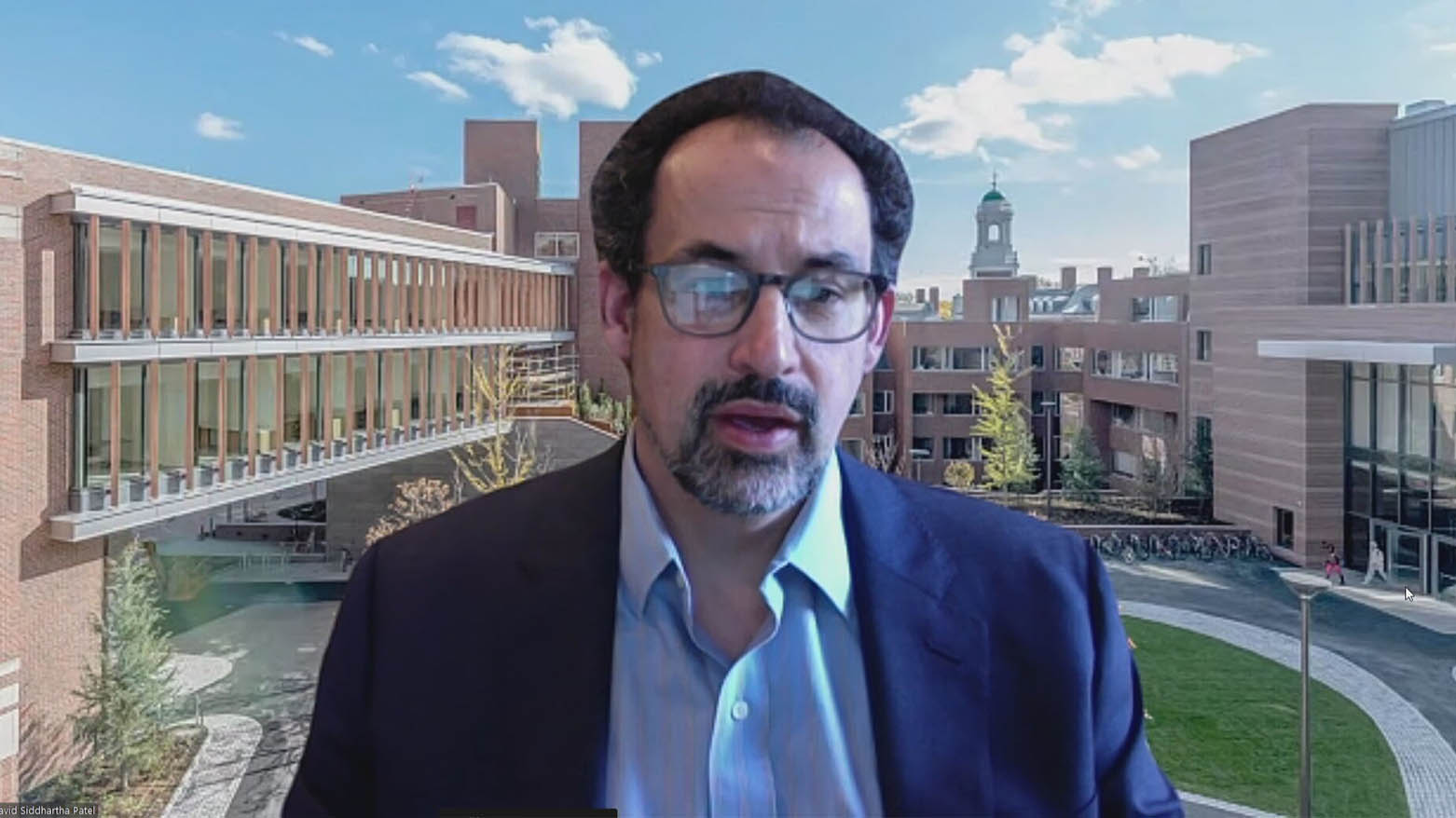David Patel: PM Barzani’s US Visit Smartly Highlights Shared Interests
In an interview with Kurdistan 24 on Monday, Patel said the Kurdistan Regional Government (KRG) and the U.S. share “many common goals,” particularly in the areas of energy development and religious freedom.

ERBIL (Kurdistan24) – David Patel, a research fellow at the Middle East Initiative at Harvard Kennedy School, praised Kurdistan Region Prime Minister Masrour Barzani’s visit to the United States, noting that it aligns well with key priorities of the current U.S. administration.
In an interview with Kurdistan 24 on Monday, Patel said the Kurdistan Regional Government (KRG) and the U.S. share “many common goals,” particularly in the areas of energy development and religious freedom.
“Prime Minister Barzani seems to be wisely emphasizing two key aspects of those shared interests: opportunities to develop energy and power in the Kurdistan Region, and religious freedom,” Patel stated.
According to Patel, Barzani’s message resonates with the Trump administration’s focus on economic opportunities and religious rights. “There’s a clear emphasis on attracting American companies to invest in the energy sector — something the Trump administration cares deeply about,” he said, adding that the KRG’s commitment to protecting minorities, especially Christians, further strengthens this alignment.
He noted that while the U.S. and Kurdistan have long shared mutual interests — including regional stability in Iraq, Syria, and southeastern Turkey — the current moment offers a unique opportunity for the KRG to deepen its strategic relationship with Washington.
“From the U.S. perspective, Kurdistan Region remains a stabilizing force — more so now than in recent years,” Patel said.
However, he cautioned that the Region’s strategic importance could decline if these trends continue. “The major remaining factor is Iran,” he explained. “With U.S.–Iran nuclear negotiations ongoing, the KRG’s leverage — especially in using U.S. pressure to influence Baghdad — is currently at its peak.”
Patel also pointed to the need for the KRG to adapt to a U.S. administration that centralizes foreign policy decision-making in the White House, rather than the traditional institutions such as the State Department or Congress, where Kurdish diplomats have historically had strong connections.
He emphasized that strengthening ties with Gulf countries, including Saudi Arabia, the UAE, and Qatar — nations that Trump frequently consults — could help amplify Kurdish influence in Washington.
“There’s now a major opportunity to restart oil exports from the Kurdistan Region, which have been stalled for two years,” Patel said. “Reaching a deal with Baghdad and offering American companies access to develop energy infrastructure could significantly increase U.S. involvement.”
Despite an increasingly stable regional environment, Patel reiterated that the Kurdistan Region continues to stand out as a reliable partner for the U.S.
“Kurdistan Region remains an island of stability — but now it’s in a more stable neighborhood,” he concluded.
